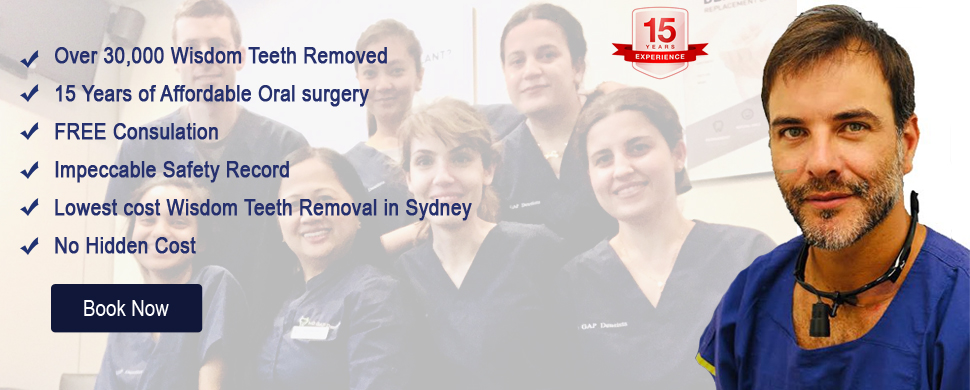Mouth ulcers are painful sores that appear in the mouth, often on the inside of the cheeks. Mouth ulcers also known as aphthous ulcers can cause pain when eating, drinking or brushing.
Occasional mouth ulcers are usually harmless and clear up on their own, although if a mouth ulcer is still present after three weeks, seeking medical treatment is advisable.
Types of Mouth Ulcers
There are 3 main types of mouth ulcers and they include:
- Minor ulcers: are approximately 2-8mm in diameter and generally clear up within 10 days to 2 weeks.
- Major ulcers: are bigger and deeper than a minor ulcer. They are often raised with irregular borders. This particular type of ulcer can take several weeks to heal and may leave scars in the mouth.
- Herpetiform ulcers: are the type of ulcer that includes a cluster of dozens of smaller sores the size of pinheads.
What Causes Mouth Ulcers?
The exact causes of most mouth ulcers is unknown. It is believed that stress or tissue injury can be attributed to the cause of simple mouth ulcers.
Foods including citrus or acidic fruits and vegetables (including lemons, oranges and tomatoes), are widely recognized as a trigger for mouth ulcers or making an existing ulcer problem worse.
At times sharp tooth surfaces or dental appliances, such as braces or incorrectly fitting dentures, might also trigger mouth ulcers.
In some complex cases, mouth ulcers are caused by an underlying health condition, such as an impaired immune system, nutritional problems, gastrointestinal tract diseases, including Coeliac Disease and Crohn's disease.
Medications, including pain killers, beta-blockers and some chest pain medicines may also cause a reaction that then leads to mouth ulcers.
What are the symptoms of mouth ulcers?
- Painful sore or sores on the inside your mouth, on thetongue, soft palate or on the inside of your cheeks
- Sores in your mouth that are round, white, or grey in colour, with a red edge or border
During a severe mouth ulcer attack, you may also experience:
- Fever
- Physical sluggishness
- Swollen lymph nodes
How are mouth ulcers treated?
Pain associated with a mouth ulcer generally lessens over a few days and the sores usually heal without treatment over the period of a week or two.
If sores are large, painful or persistent, your dentist may prescribe an antimicrobial mouth rinse, a corticosteroid ointment or prescription medication to reduce pain and irritation.
Can mouth ulcers be prevented?
Although there is no one-stop cure for mouth ulcers, you may be able to reduce their frequency by practising good dental hygiene and:
- Avoiding foods that irritate your mouth, including acidic or spicy foods
- Brushing with a soft-bristled brush after meals and flossing daily, which will keep your mouth free of foods that might trigger a sore.
Seek medical advice about mouth ulcers if you have:
- Unusually large sores
- Sores that are spreading
- Sores that last three weeks or longer
- Difficulty drinking fluids
If you believe that you may be suffering from major or herpetiform ulcers, contact Wisdom Dental Emergency today. They can assist you with any concerns you may have about mouth ulcers and your overall oral health.



